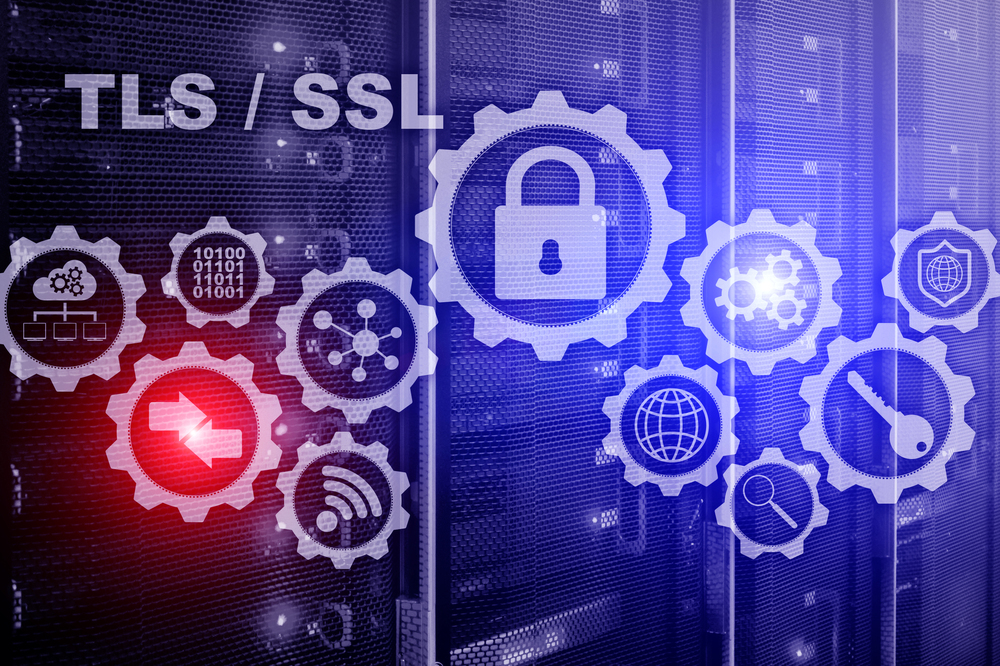
Software engineers love building new features but are spending more time on other things
A new survey of 1,200 software engineers and technology leaders finds that only 33 percent of engineers strongly agree that they spend the majority of their time on work that energizes them. They spend just 16 percent of their week building features, despite 93 percent saying it’s the most rewarding part of their jobs
The study from Chainguard looks at how friction from repetitive maintenance, fragmented tools, and burnout continues to weigh heavily on the developer experience, while also revealing how AI and automation ease workloads to give software engineers more time for meaningful work.

Cyber skills gap leads to escalating security risks
A shortage of skilled cyber professionals is leading to critical security roles being unfilled at a time when they are needed most, according to a new skills gap report from Fortinet.
Organizations are turning increasingly to AI to strengthen their cybersecurity postures and fill gaps, but they also acknowledge that AI may be used against them as an engine of new or improved cyberattacks, especially given the lack of AI skillsets across teams.

Poor API security practices could put agentic AI deployments at risk
A new report exposes a disconnect between rapid API adoption and immature security practices, which threatens the success of critical AI and automation initiatives.
The study from Salt Security, based on responses from over 380 professionals tasked with managing APIs, finds 80 percent of organizations lack continuous, real-time API monitoring, leaving them blind to active threats targeting AI agents.

US companies dominate as banks race to adopt AI
The leading banks for AI maturity have pulled away from their peers in 2025, consolidating earlier gains and increasingly realizing ROI for their AI investments.
The latest AI Index from intelligence and benchmarking platform for AI adoption in financial services, Evident, shows JPMorganChase, Capital One and Royal Bank of Canada are the three leading banks in AI adoption.

Is artificial intelligence about to steal your job? [Q&A]
With artificial intelligence becoming more powerful and completing more complex tasks, the natural question being asked in the industry is if and when AI will steal human jobs.
Myths abound about AI working autonomously and eliminating the human workforce, starting with entry-level jobs. In reality, however, AI makes workers better and it works best when paired with humans -- their strategic thinking, specialized judgment, and adaptability remain irreplaceable.

AI assistance delivers gains for SOC analysts
Security Operations Centers are inundated with thousands of alerts each day, most of which are false positives or low-severity issues. This flood of noise leads to alert fatigue, forcing SOC analysts to waste valuable time on false alarms instead of focusing on genuine threats.
A new study from Dropzone AI looking at SOC analyst performance across 148 security analysts shows that AI can improve effectiveness. AI assisted investigations were 22–29 percent more accurate than those in the unassisted control group.

Enterprises face increasing challenges with certificate management
A report released today finds that approximately 60 percent of businesses are using three
or more secure sockets layer (SSL) providers and suggests a lack of centralized processes for SSL certificate management.
The study from domain security company CSC analyzed usage trends and patterns for more than 802,000 digital certificates linked to 2.4 million domains. It finds domain validated (DV) certificates account for three-quarters (73.4 percent) of certificates while organization validation (OV) certificates represent nearly a quarter (24.6 percent). Extended validation (EV) certificates account for less than two percent (1.9 percent).

Only 11 percent of US consumers trust their first search result
According to a survey of over 1,000 US consumers conducted on behalf of brand visibility platform Yext, just 11 percent trust the first tool they use when searching online, meaning nearly nine out of 10 double-check or expand their results elsewhere.
The research suggests the age of one-stop search and shop is ending and Americans are increasingly blending traditional search engines with AI tools, social media, and review sites to make purchase decisions.

IT leaders struggle with the complexity of recovering from cyberattacks
A new global study of over 800 senior IT leaders reveals the concerns of IT leaders as they struggle with the rising complexity of recovery planning to cope with the aftermath of cyberattacks.
The survey from infrastructure specialist 11:11 Systems finds that 82 percent of respondents have experienced at least one significant cyberattack, while 57 percent endured two or more attacks within the past year.

Most big US companies now flag AI use in their public risk disclosures
A new report from The Conference Board and ESGAUGE finds that 72 percent of S&P 500 companies now flag AI as a material risk in their public disclosures. That’s up from just 12 percent in 2023, underscoring how rapidly AI has moved from experimental pilots to business-critical system.
Reputational risk tops the list, cited by 38 percent of companies. Firms warn that failed AI projects, missteps in consumer-facing tools, or breakdowns in service could quickly erode brand trust. Cybersecurity risks follow, disclosed by 20 percent of firms.

Google builds new AI agent to improve code security
Google has released information on a new AI-powered agent that automatically improves code security by fixing critical software vulnerabilities.
CodeMender has been built over the past six months and the company has already upstreamed 72 security fixes to open source projects, including some as large as 4.5 million lines of code.

Premium target -- why insurance companies are so attractive to hackers [Q&A]
The Scattered Spider group seems to have switched from high-profile attacks on UK retailers to new campaigns targeting the insurance sector. The group has recently been linked to ransomware incidents affecting US-based Philadelphia Insurance and Erie Insurance, which operates in both the UK and the US.
We spoke to Danny Howett, technical director at global cybersecurity consultancy CyXcel, to discuss why insurance is such an attractive target and some practical steps insurers can take to shore up their defences against increasingly organised cybercriminals.

ESET releases free resources for Cybersecurity Awareness Month
October is Cybersecurity Awareness Month designed to raise awareness of the ways people can protect themselves online. To mark this ESET has launched a free Cybersecurity Awareness Kit.
This includes a new and improved version of its free ESET Basic Cybersecurity Awareness Training along with access to ESET’s 2025 H1 Threat Report, and a free 30-day business trial of ESET’s full-featured security solution.

Why data lineage is a business strategy, not a technical feature [Q&A]
Modern enterprises are more than ever reliant on data. But that makes understanding how that data is generated, transmitted, changed and used over time -- its lineage, vitally important.
We spoke to Saurabh Gupta, chief of strategy, revenue and growth at The Modern Data Company, to discuss how proactive, context-rich systems of record enable organizations to accelerate, maintain trust, and strategically utilize data.

One in four free mobile VPN apps fail privacy checks
Virtual Private Networks (VPNs) are trusted by millions to protect privacy, secure communications, and enable remote access on their mobile device. But what if the apps designed to safeguard your data are not secure?
Analysis by Zimperium zLabs of 800 free VPN apps for both Android and iOS reveals that the threat is real and widespread.

